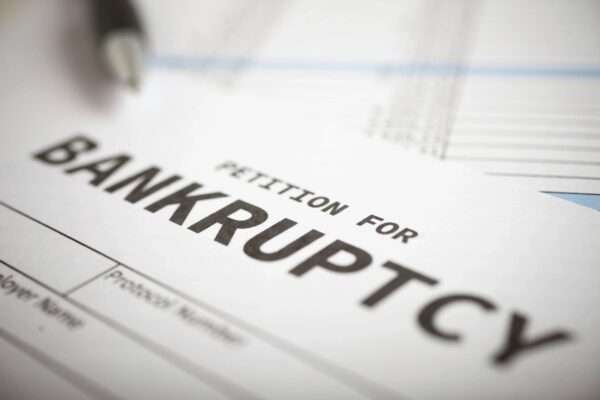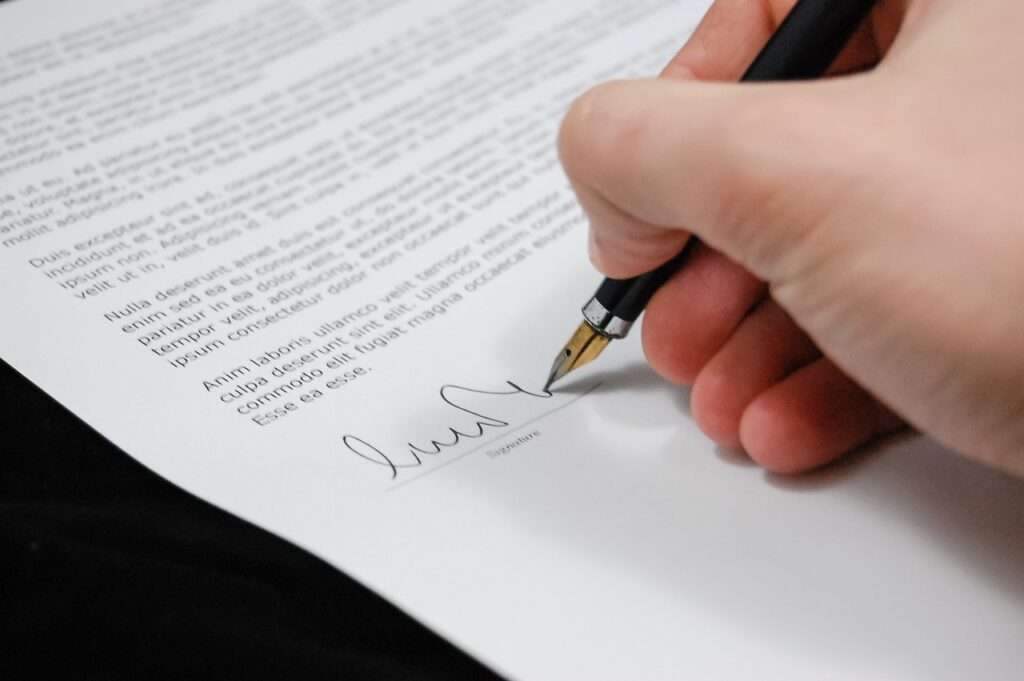Navigating the icy roads of personal injury law in the Greater Boston Area can be as treacherous as a New England winter. Whether you’ve been involved in a car accident, a fall on an icy sidewalk, or a slip and fall in a grocery store, understanding how a Chapter 13 bankruptcy can impact your personal injury claim is crucial. At Gavagan Law, we specialize in guiding injury victims through the complexities of Massachusetts law, ensuring your legal rights are protected while seeking maximum financial compensation for your serious injuries. The intention of this post is to provide a general overview of the impact filing for bankruptcy will have on your personal injury case.
Understanding Chapter 13 Bankruptcy
Chapter 13 bankruptcy allows individuals with regular income to develop a plan to repay all or part of their debts. However, filing for bankruptcy will have a significant impact on any personal injury lawsuit or claim you have and its important to discuss the consequences of doing so with an experienced Massachusetts personal injury lawyer.
In a Chapter 13 bankruptcy:
- Repayment Plan: Debtors propose a repayment plan to make installments to creditors over three to five years. The time frame depends on the debtor’s monthly income.
- Protection from Creditors: Upon filing, an automatic stay comes into effect, halting most collection efforts, foreclosures, and repossessions. It gives the debtor a reprieve while they work on their repayment plan.
- Debtor’s Assets: Unlike Chapter 7 bankruptcy, which involves liquidating assets to pay debts, Chapter 13 debtors generally keep their property. Instead, they use their income to fund the repayment plan.
- Court Approval: The bankruptcy court must approve the proposed repayment plan. Debtors must demonstrate that they can afford the payments. Once approved, the debtor starts making payments to a bankruptcy trustee, who then distributes the funds to creditors.
- Debt Discharge: Upon successful completion of the repayment plan, most of the remaining unsecured debts are discharged, meaning the debtor is no longer legally required to pay them.
Bankruptcy Filing and Personal Injury Claims
When filing for bankruptcy, listing all assets, including any cause of action for damages and injuries against another person, is mandatory and required under Federal law. That personal injury claim then becomes part of the bankruptcy estate and is managed by the bankruptcy trustee.
The timing of your Massachusetts personal injury in relation to your bankruptcy filing will determine how its treated. A personal injury claim occurring before the bankruptcy filing renders your claim an asset within your bankruptcy estate, managed by the bankruptcy trustee, and subject to the bankruptcy court’s supervision. Conversely, an injury occurring after filing is viewed as potential income for debt repayment.
Consequently, a pre-existing personal injury claim is no longer under your control; instead, it’s supervised by the bankruptcy court. Any attorney-client agreement related to the personal injury lawsuit also becomes void unless ratified by the court.
Often, a Massachusetts Personal injury attorney will be handling your personal injury claim, and a Bankruptcy attorney will be handling your Bankruptcy. Your personal injury attorney will be required to coordinate with the bankruptcy attorney and bankruptcy court to obtain permission from the bankruptcy court to proceed with your personal injury claim. This can lengthen the time and financial burden of the personal injury case.
Federal law mandates the full disclosure of all assets during bankruptcy proceedings. Failing to reveal a personal injury claim can lead to severe repercussions, including the loss of the claim or settlement funds, emphasizing the importance of complete transparency.
Will I be able to keep my personal injury award if I file for Bankruptcy?
Massachusetts permits its debtors to elect between the Federal bankruptcy exemptions or State exemptions. These exemptions will play a critical role in what you will ultimately be able to keep from your personal injury settlement. While 11 USC 522 (d) (11) allows individuals to protect a certain amount of their personal injury award related to personal bodily injury, this does not protect compensation for pain and suffering or for actual money loss, for example medical expenses or lost wages due to the accident. In addition, 11 USC 522 (d) (5) allows for a “wildcard” exemption to protect any property, including a personal injury award, without regard to the above. However this amount can change year to year.
The key takeaway here is the bankruptcy court will likely allocate a substantial portion of your personal injury settlement to creditors. Filing for bankruptcy may significantly diminish the net recovery of your personal injury award. As a result, clients are often left dissatisfied due to the reduced compensation they receive for their injuries.
Outstanding Medical Bills related to my Massachusetts Personal Injury Accident
An individual may consider filing for Chapter 13 Bankruptcy due to outstanding medical bills related to an injury suffered due to someone else’s negligence. If that is the reason, those individuals should speak with an experienced personal injury attorney before choosing Chapter 13 Bankruptcy. Damages from an accident, including medical expenses, lost wages, and lost income, can be compensated by the negligent individual and their insurance company.
Conclusion
At Gavagan Law, our experienced personal injury attorneys are adept at handling cases involving severe injuries related to all types of personal injury claims including slip and falls, car accidents, bicycle accidents, and pedestrian accidents. These can result in serious injuries, which can lead to excessive medical expenses, lost wages, and potentially permanent disability and inability to work. When bankruptcy intertwines with your personal injury claim, navigating the legal landscape becomes even more complex. We’re committed to ensuring negligent individuals are held accountable and our clients obtain the legal compensation they deserve. Contact us for a free consultation, and let our legal expertise clear the path to your personal injury recovery.



